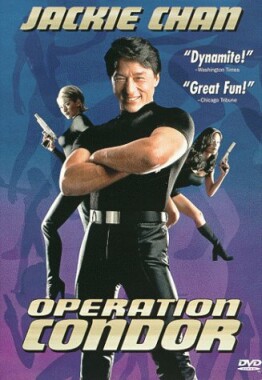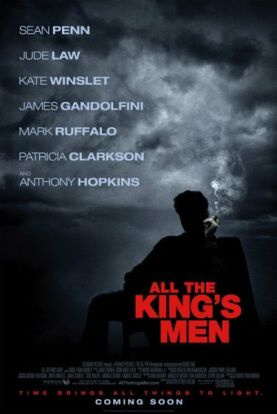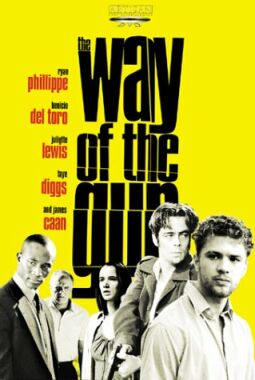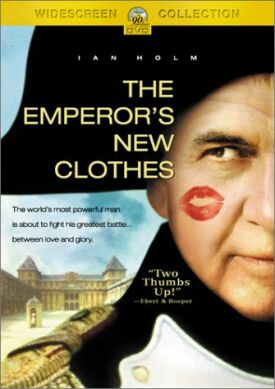Operation Condor
Operation Condor directed by and starring Jackie Chan, is one of his
Hong Kong movies, made before he became a star in the U.S., and now released
with dubbing for the American market which, together with the amateurish acting,
makes it look like a cheap porno title. Let us be clear. This is trash. But as I
have so often had occasion to say before, we live in the era of high-class
trash, and this is trash of the classiest sort. It also suggests that Chan
movies are even funnier when he directs them himself. I laughed myself silly
over the combination of slick but graceful physical action and the comic
business which punctuated it.
The film is about a search for Nazi gold—a somewhat familiar
topos—in which Jackie teams up with not one, not two but three
female buddies, to all of whom he acts with impeccable gallantry, as always.
Curiously, not much is made of the inevitable jealousies between the Chinese
girl, called Ada (Carol Cheng), the German girl, granddaughter of the Nazi who
hid the gold, called Elsa (Eva Cobo de Garcia) and the Japanese girl, Momoko
(Shoko Ikeda) who has a pet scorpion called
“Ding
dong” and is on some kind of spiritual
quest. None of these women is a strong enough character to emerge from the
shadow of Chan, who dominates the picture as always with his charm and balletic
grace. There are perhaps no spectacular examples of the latter to compare with
the scene on the train in Supercop or with the ladder in Jackie
Chan’s First Strike,
but there is more comedy than in either of those films—nearly all of it
visual and very fast paced.
There are some postmodern moments too, particularly in the way that the film
treats the old Nazi, Adolf (Alfred Brel Sanchez), who alone holds the secret of
the gold. At first a symbol of an unimaginably distant evil—the Nazis seem
to owe their niche in history to the fact that they hoarded gold and built
ingenious machinery for no obvious purpose in the middle of the desert—he
suddenly changes from sinister to sympathetic when he loses control of the small
army of Arab thugs he has brought to help him carry the gold away, and he is
forced to team up with Jackie and the girls—even though this means he
loses the gold for good. No matter. “I
should have died 40 years ago,” he
says. “Now I want to be with my
friends.”
It is a bizarre turn of events, but somehow typical. It is a bit like showing
the three women doing a cheerleading routine with Nazi helmets, and braining bad
guys right and left. Crazy! Even so, such moments seem to have no larger purpose
beyond subverting the film’s dramatic
coherence by any means available. A lugubrious and suddenly penitent ex-Nazi
will do as well as anything else to keep us from developing any attachment to
the characters or story that might interfere with the
film’s focus on Chan in action.
It’s a heck of a way to make a movie,
but it has to be said that Chan once again does make the thing worth looking
at.
Discover more from James Bowman
Subscribe to get the latest posts to your email.








